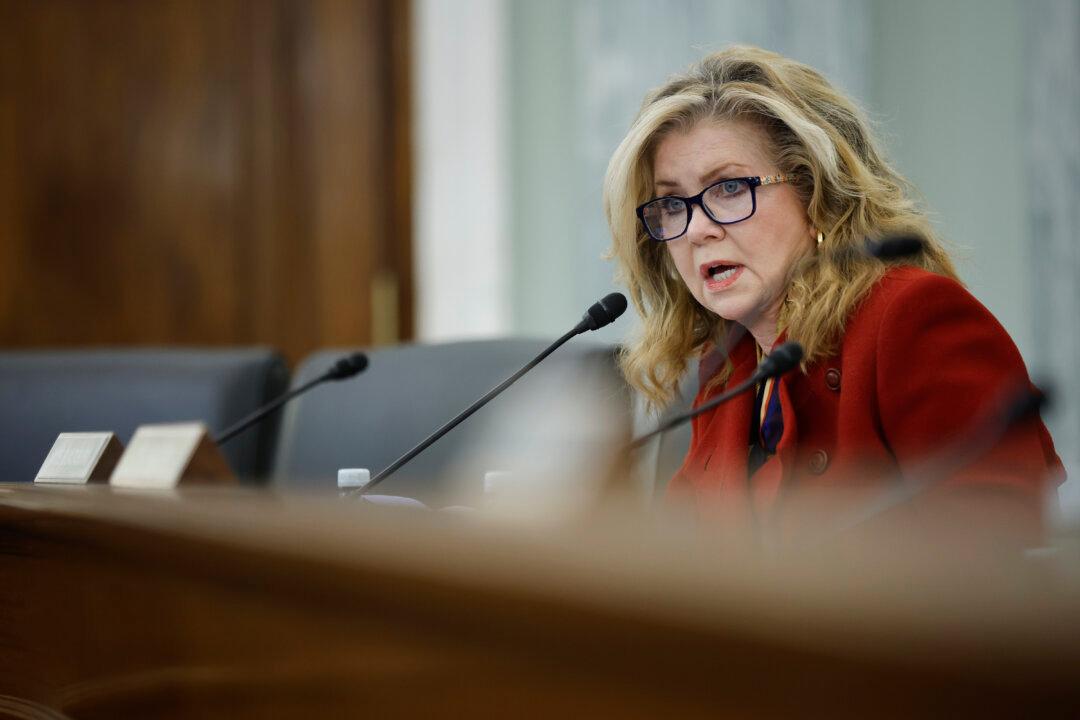In the latest move by U.S. lawmakers to thwart Chinese Communist Party (CCP) influence on corporations and economic activity, Sens. Marsha Blackburn (R.-Tenn.) and Marco Rubio (R.-Fla.) have introduced the No Chinese Communist SURPRISE Parties Act (S.3598).
If it becomes law, this new bill would obligate the Securities and Exchange Commission (SEC) to require that publicly traded companies in the United States disclose the presence of any CCP-affiliated organizations in their activities or corporate structure. Publicly-listed firms would also have to disclose any fiduciary duties and decisions taken at the level of corporate governance in which the CCP or other foreign entities may play a role.





